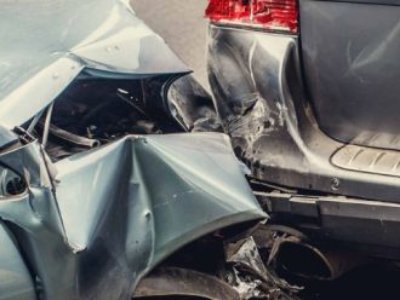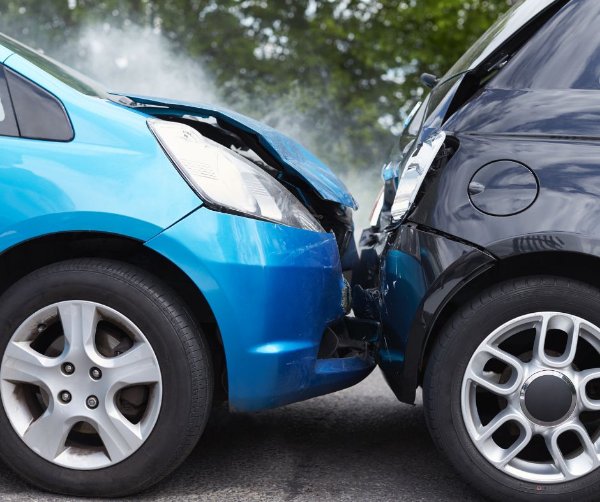
Proving You Weren’t at Fault in a Car Crash | Autozone UK
Who is at fault?
Road traffic accidents are unfortunately a frequent occurrence and they can be caused by a number of factors. Some occur as a result of careless driving or driving under the influence, some arise due to poor road conditions, for example if there are obstacles blocking parts of the road or significant potholes, and some accidents are caused by pedestrians. No matter what type of accident you have been involved in, if you can prove that someone else is to blame you will be able to make a claim.
Analysing The Incident
It can be difficult to rationalise after being involved in such a shocking incident, but trying to recall exactly what happened and the cause of the accident while you are at the scene will be very useful. Consider whether a driver made a mistake and whether the Highway Code was being adhered to. You can even use your own common sense to reason whether or not something could have been done differently to avoid the crash. If an accident was the result of human error or negligence, then someone is at fault. To prove this, you will need evidence that another individual caused the accident.

What to do after getting into a car accident
- Stop - you must stop after an accident. Try to pull over in a safe place if possible, turn off your engine and put your hazard lights on.
- Check for injuries and seek medical attention if necessary - make sure everyone in your car is alright, and if it is safe to leave the vehicle, check on anyone else involved in the accident and call for help if needed.
- Get to safety - If it is safe to do so, move everyone away from the car unless they are injured.
- Inform the police - If the scene of the crash poses a risk to other traffic, if another individual involved has fled the scene, or if you suspect that the crash was deliberate or due to alcohol or drugs, contact the police. The police can also help to establish fault.
- Gather evidence - Take pictures or videos of damaged vehicles, the condition of the road and the position of the cars. Ask any witnesses if they would be willing to provide a statement and contact information, it could even be worth knocking on the doors of neighbouring buildings. This will help with proving blame in the accident investigation.
- Exchange details - Write down the name, phone number, address and vehicle registration number of anyone else involved in the accident. While communicating with other individuals, be mindful of what you say. Don’t apologise or assume any blame if you were not at fault as this could potentially be used against you and harm your case.
What to tell your insurance company after the accident
You should report the incident to your car insurance provider even if you do not plan on making a claim. If you do not inform the company and another driver involved files a claim, failing to share the information could harm your case.
In conclusion, being prepared after a car crash is crucial. Document the incident, gather evidence, and understand fault. If it's not your fault, you may be entitled to compensation. Stay vigilant, follow the necessary steps, and remember, securing proof is paramount. Your well-documented actions post-accident can make a significant difference in your case.
Please provide your details below and a member of our team will be in touch
Your current car
By providing your details you consent to us being able to contact you using the methods given above. Read more.
Fill in your details below and a member of our team will be in touch
By providing your details you consent to us being able to contact you using the methods given above. Read more.


